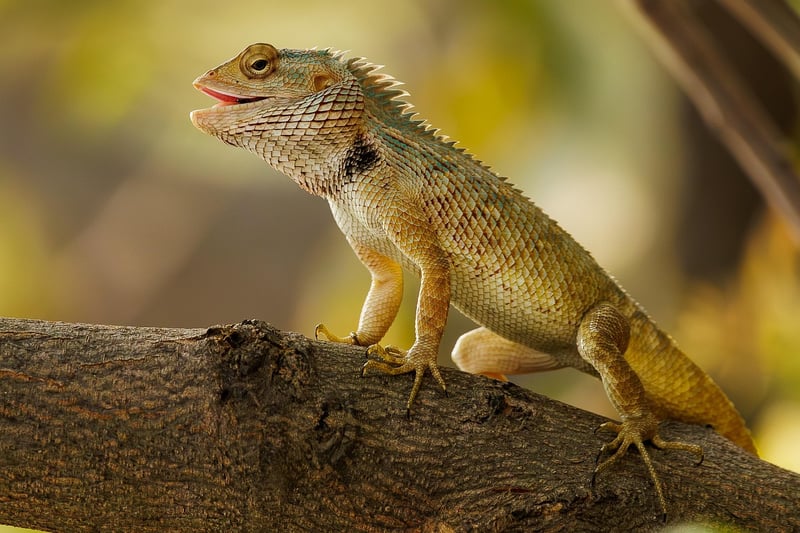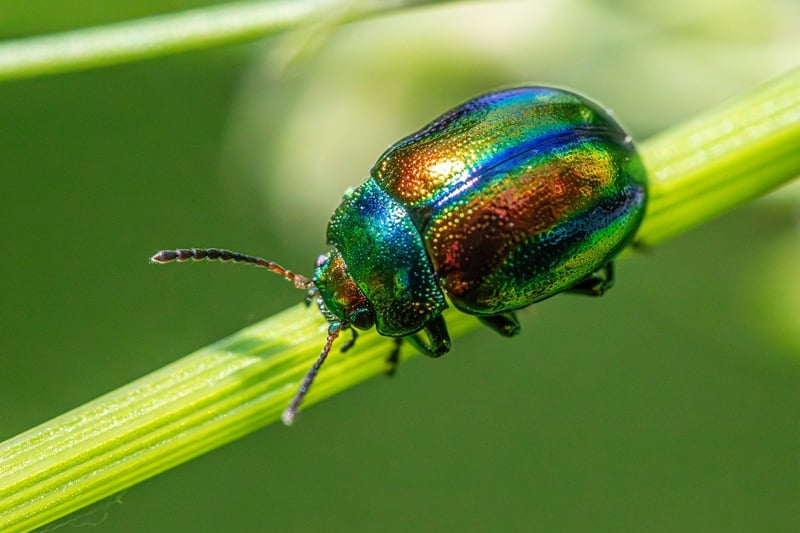Pest Management
Maintaining Healthy Plants and Effective Pest Management
Having a lush and thriving garden can bring immense joy and satisfaction to any plant enthusiast. However, maintaining healthy plants requires more than just watering and sunlight. It also involves effective pest management strategies to ensure your plants remain vibrant and pest-free. Here are some essential tips to help you maintain healthy plants and manage pests effectively.
1. Choose the Right Plants
Start by selecting plants that are well-suited to your local climate and soil conditions. Healthy plants are more resilient to pests and diseases, so choosing the right species for your garden is crucial.
2. Provide Proper Care
Ensure your plants receive adequate water, sunlight, and nutrients. Healthy plants are less susceptible to pest infestations, so maintaining optimal growing conditions is key to preventing pest problems.
3. Monitor Your Plants Regularly
Inspect your plants regularly for any signs of pest damage, such as holes in leaves, sticky residue, or wilting. Early detection can help you address pest issues before they escalate.
4. Practice Integrated Pest Management (IPM)
IPM involves using a combination of cultural, biological, and chemical control methods to manage pests effectively. This approach minimizes the use of pesticides and promotes environmentally friendly pest control practices.
5. Use Natural Remedies
Consider using natural remedies such as neem oil, insecticidal soaps, and beneficial insects to control pests in your garden. These methods are safer for the environment and can help maintain a healthy ecosystem in your garden.
6. Remove Infected Plants
If a plant is severely infested with pests or diseases, consider removing it to prevent the spread to other plants. Quarantine the affected plant and dispose of it properly to protect the rest of your garden.
7. Encourage Beneficial Insects
Attract beneficial insects like ladybugs, lacewings, and predatory wasps to your garden. These insects feed on pests and help keep their populations in check, reducing the need for chemical interventions.
8. Create Barriers
Use physical barriers such as row covers or netting to protect your plants from pests like birds, rabbits, and insects. These barriers can prevent pests from reaching your plants and causing damage.
9. Rotate Crops
Rotate your crops each season to disrupt pest life cycles and reduce the buildup of pest populations in the soil. This practice can help prevent recurring pest problems and maintain soil health.
10. Seek Professional Help
If you're facing persistent pest issues that you can't control on your own, consider seeking help from a professional pest management service. They can provide expert advice and assistance in managing challenging pest infestations.

By following these tips and incorporating effective pest management strategies into your gardening routine, you can maintain healthy plants and enjoy a thriving garden all year round.
